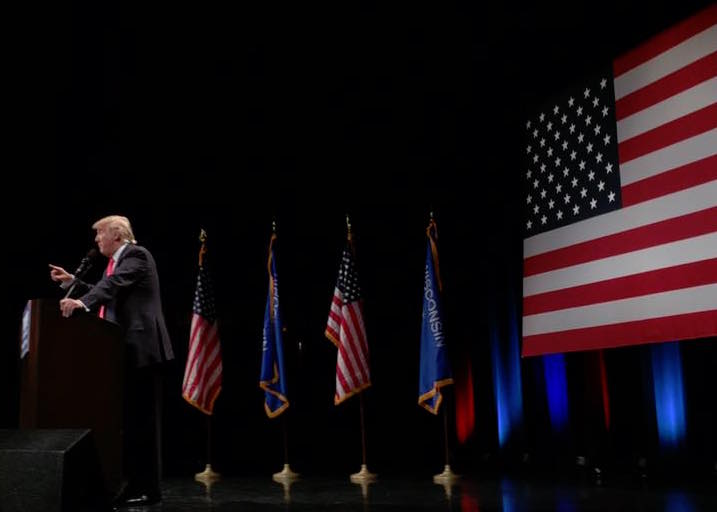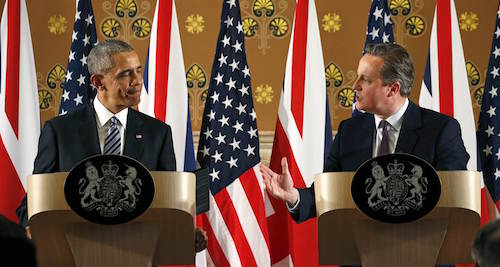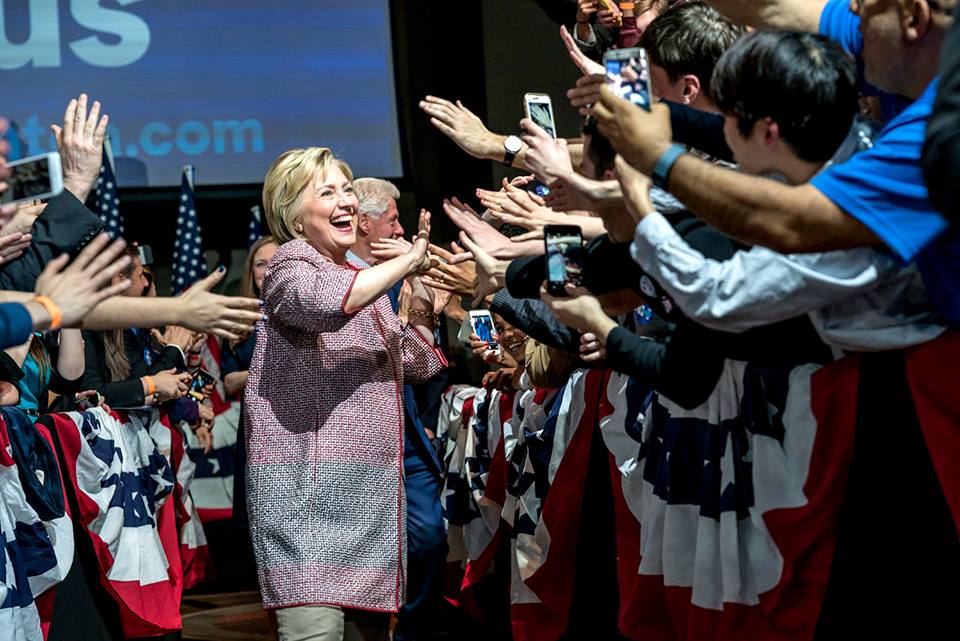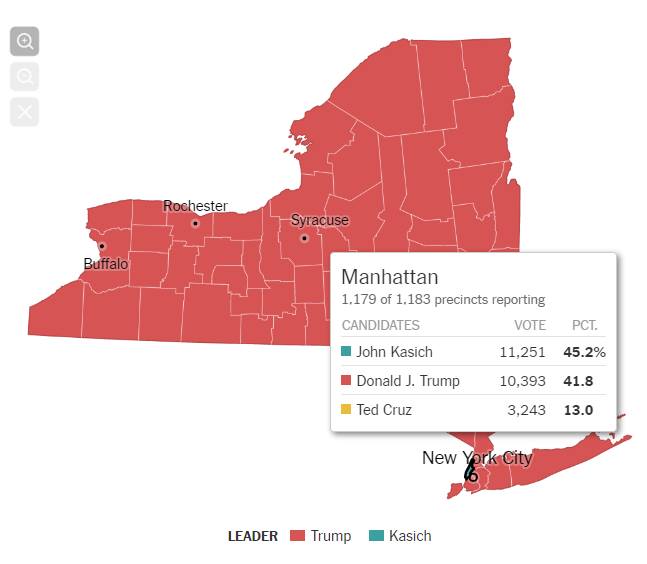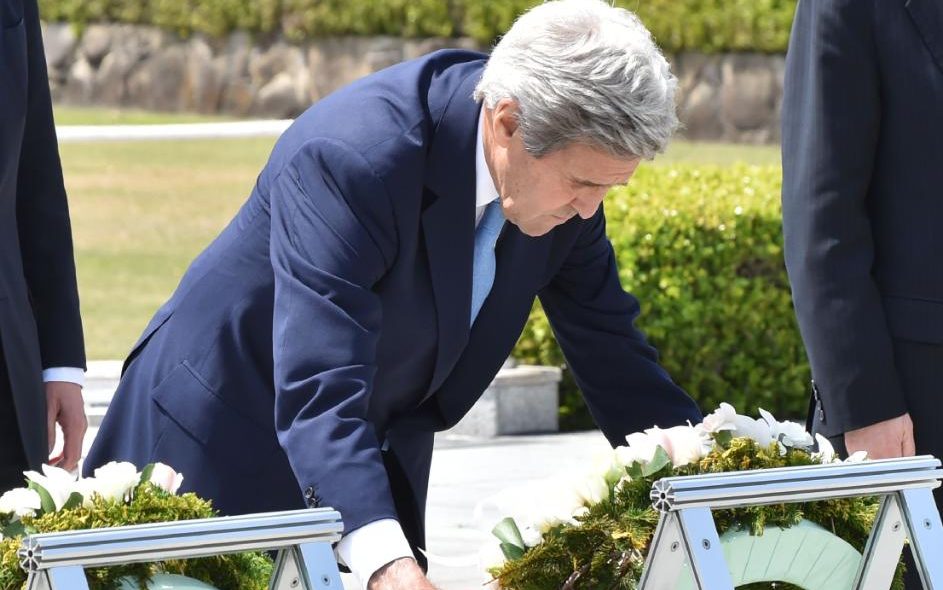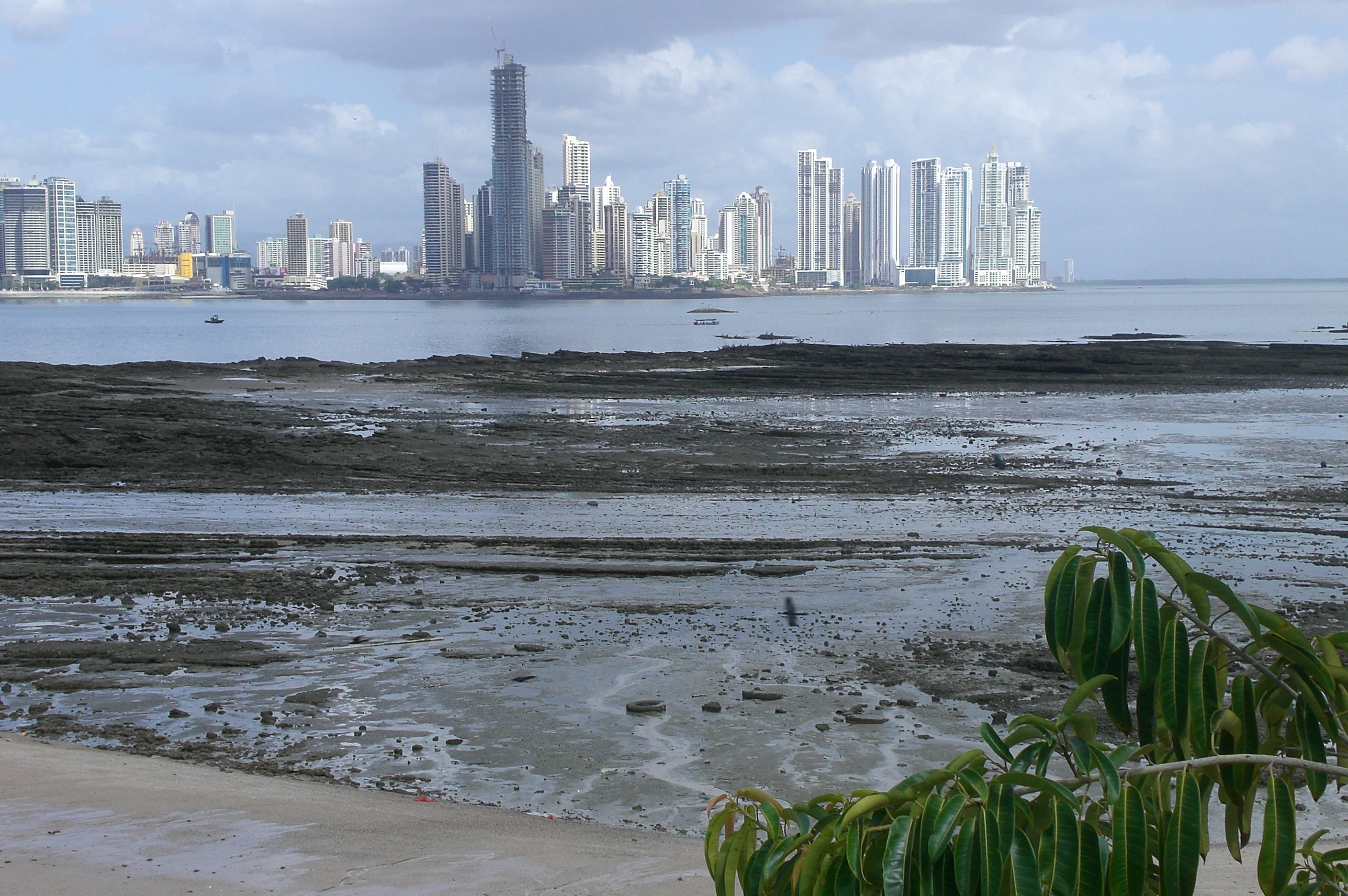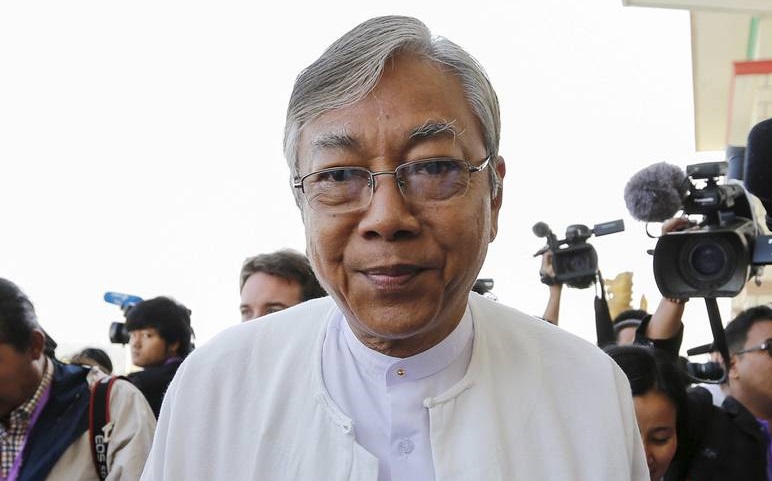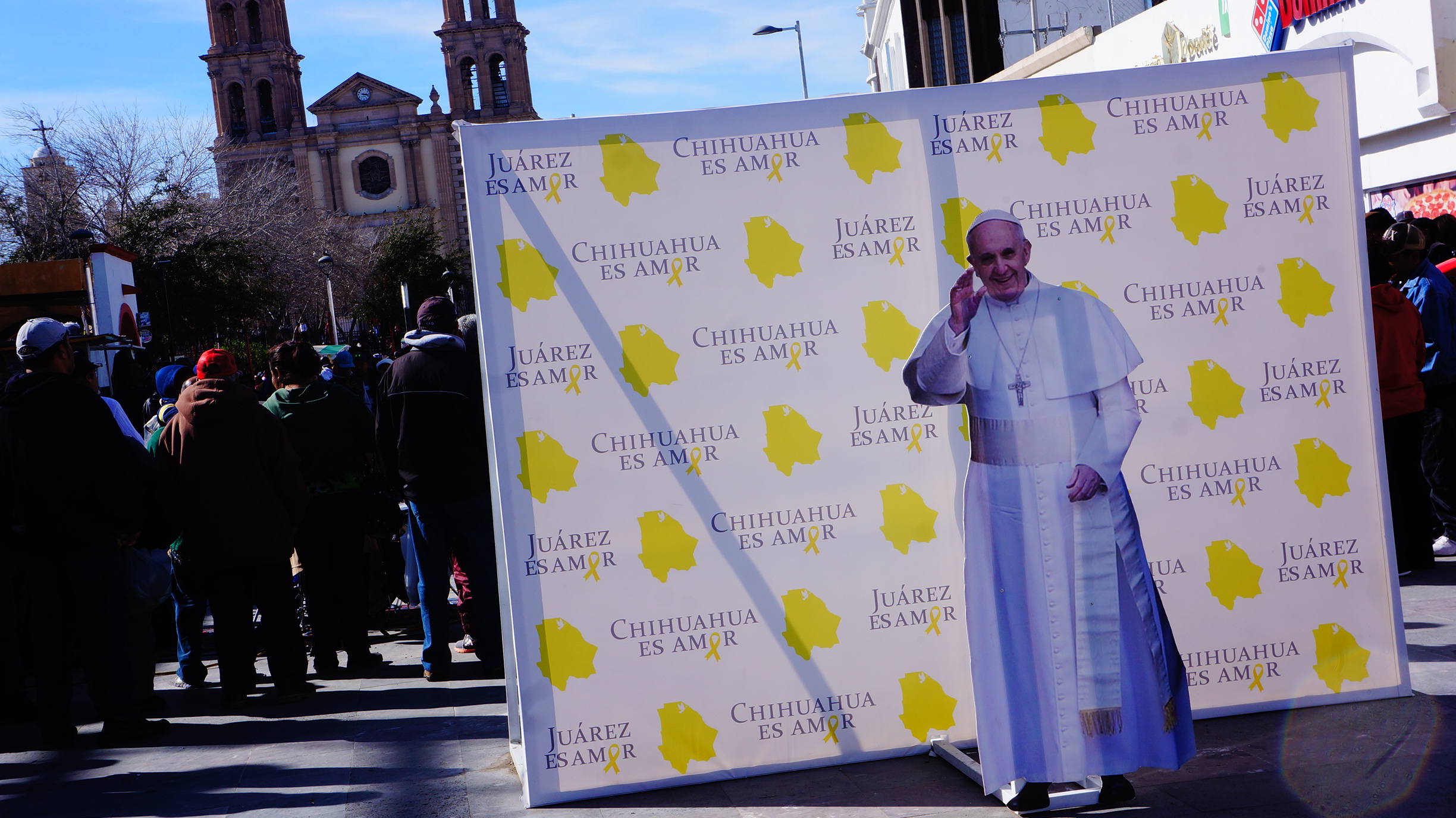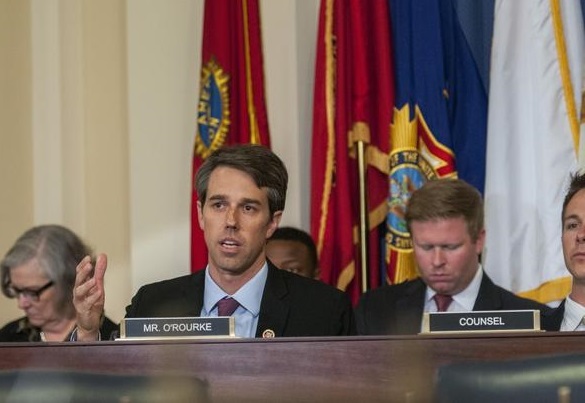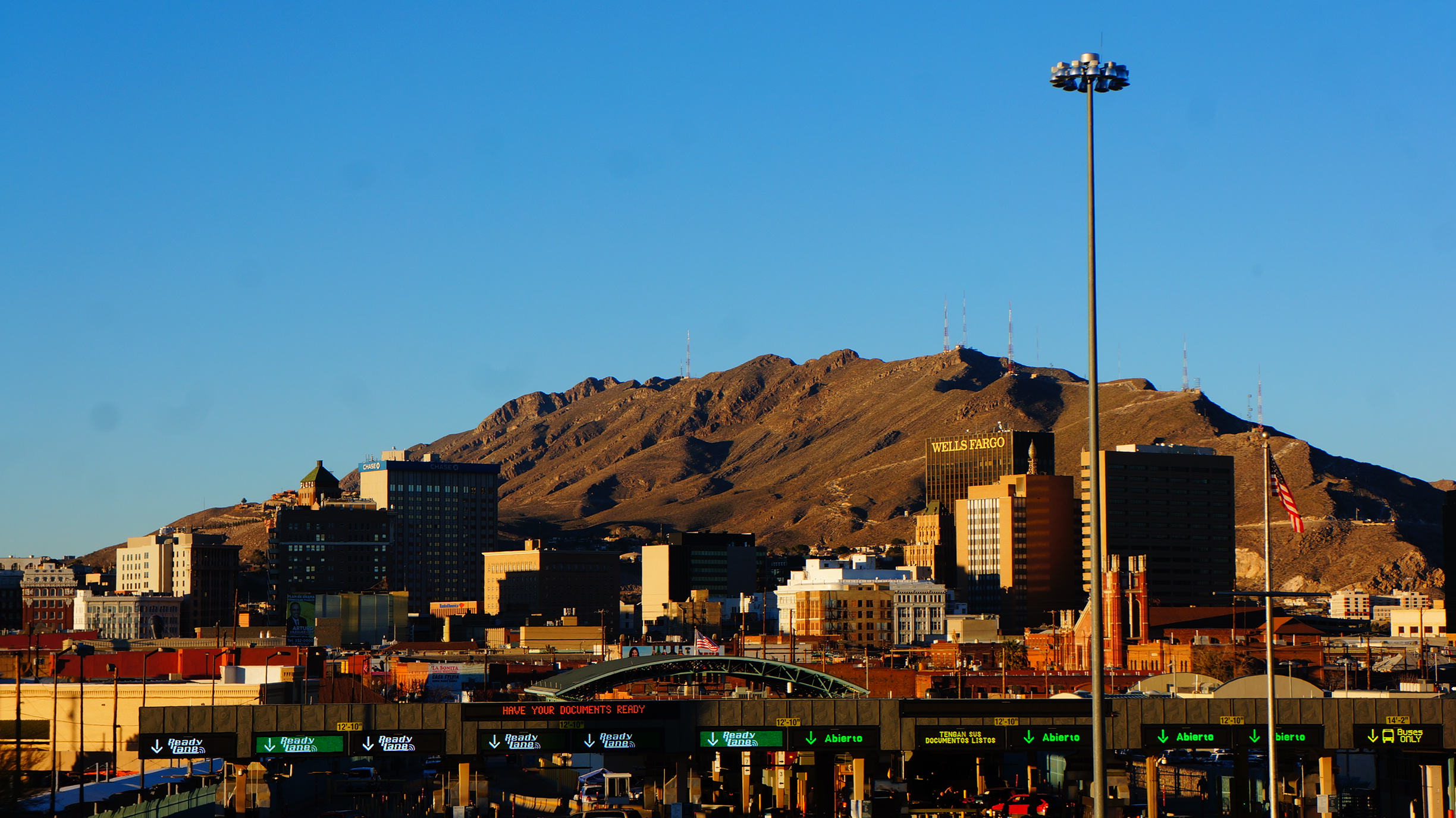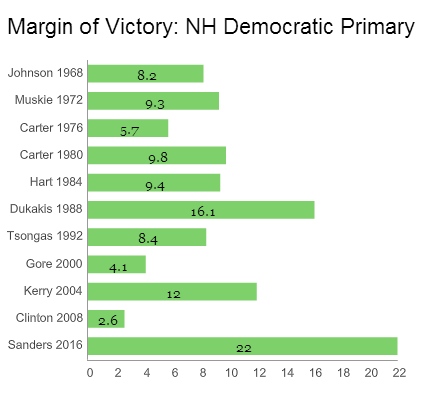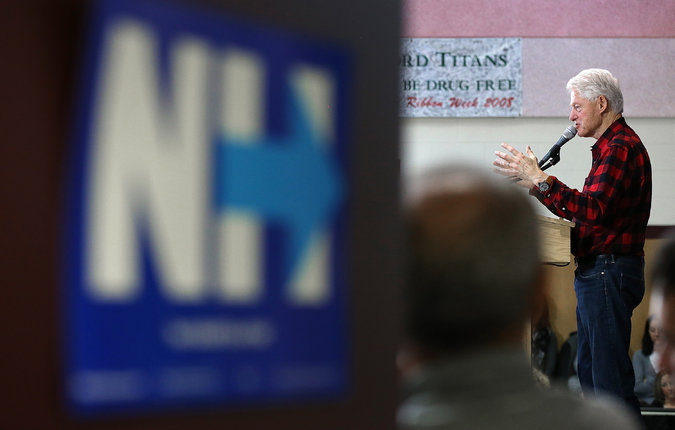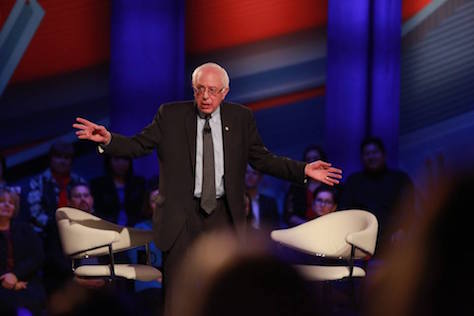A popular figure from television and a neophyte to national politics rides a wave of populist protest against corruption, incompetence and the status quo to the top of the polls. First, he co-opts the nationalist message of conservatives, rattles against the supposed wrongs of neighboring countries and aligns himself with some of the country’s most reactionary forces. He then faces off against a former first lady, whose social democratic credentials are overshadowed by suspicions and whispers of corruption and foul play. Easily, that man wins the presidency, making easy work of both the country’s conservative movement and the former first lady. ![]()
Sound familiar?
It’s not the United States and it’s not Donald Trump, now the presumptive presidential nominee of the Republican Party.
It’s Jimmy Morales, the populist comedian who won an overwhelming victory in last September’s presidential election in Guatemala.
But you might be excused for confusing the two.
For much of the last 11 months, as Trump has come to dominate American politics, the most immediate comparison in international politics has been former Italian prime minister Silvio Berlusconi. It’s true that there are many similarities — both are wealthy, older- than-average figures and both are right-wing populists with a penchant for blunt talk who rose to prominence as political outsiders.
* * * * *
RELATED: Why Trump isn’t quite an American Berlusconi
* * * * *
But unlike Berlusconi, who owns much of the private Italian media, Trump doesn’t actually control any of the American media. What’s more important, though, is that Trump has done so well in presidential politics in spite of his wealth and business prowess. Michael Bloomberg and dozens of other businessmen are far wealthier and far more powerful, but they’re not presumptive nominees of a major U.S. political party. Trump won the Republican nomination without deploying significant personal wealth and, indeed, he won with just a fraction of the amounts spent by competing Republican campaigns and their various super PACs.
Rather, Trump’s political success is due to his amazing abilities for self-promotion and self-branding, honed after decades of selling the ‘Trump’ brand and after 14 seasons starring in the reality television series The Apprentice. At this point, Trump-as-presidential-nominee owes his success to media personality, not any particular real estate canny.
That’s exactly the same skill set that Morales used in his spectacular run to the presidency in Guatemala last autumn. It’s also nearly the same platform — a lot of populist slogans heavy on identity, nationalism and throw-the-bums-out rhetoric, but light on actual policy details. Continue reading A populist, nationalist neophyte rises in the Americas
